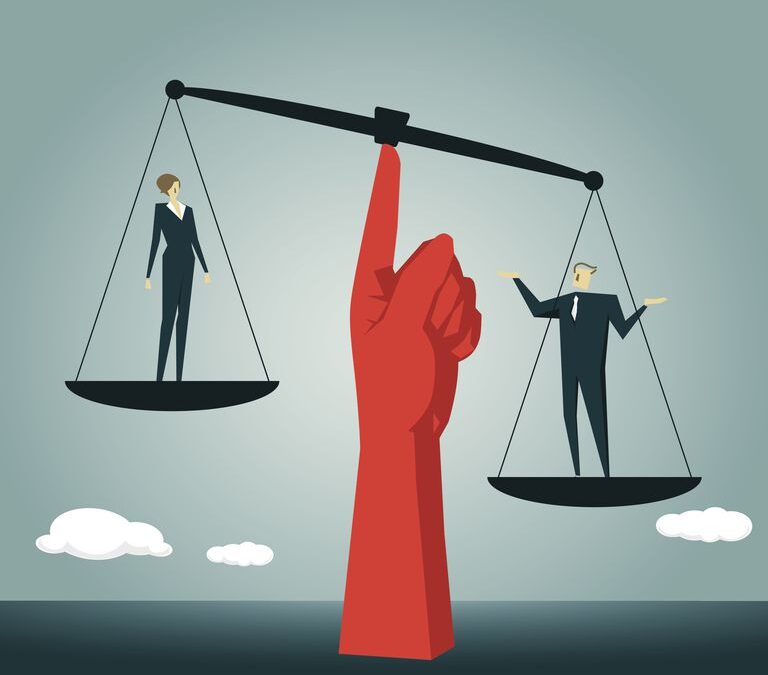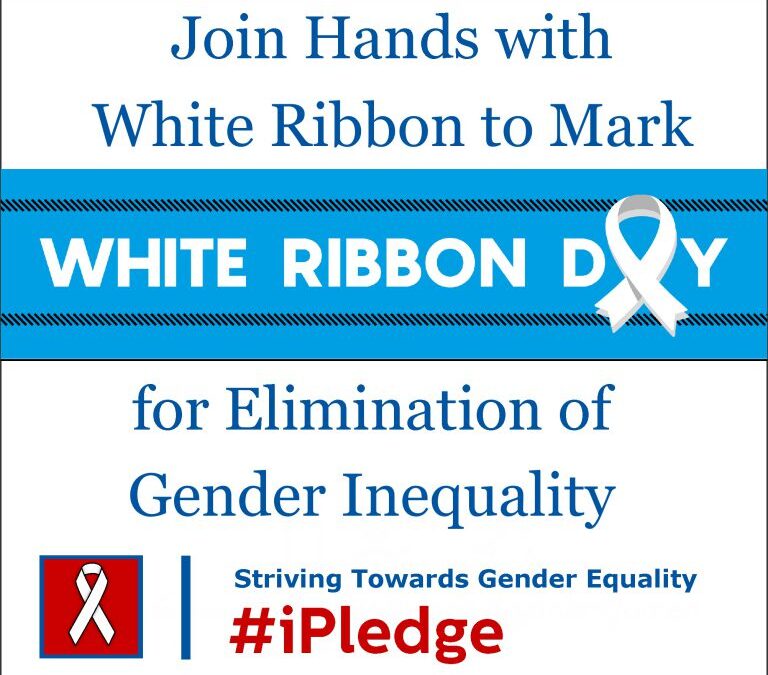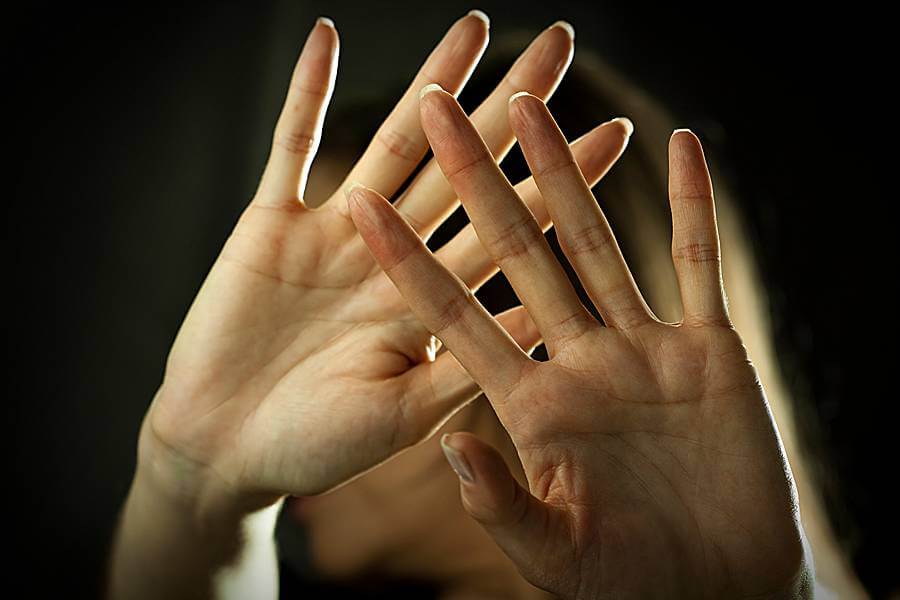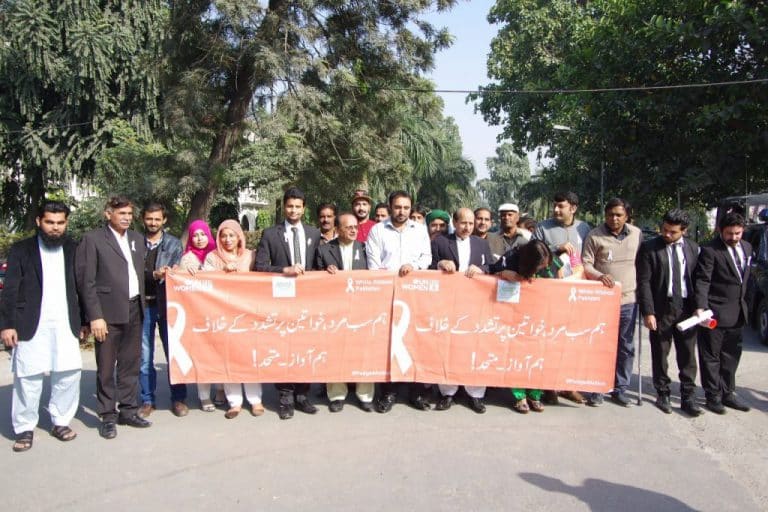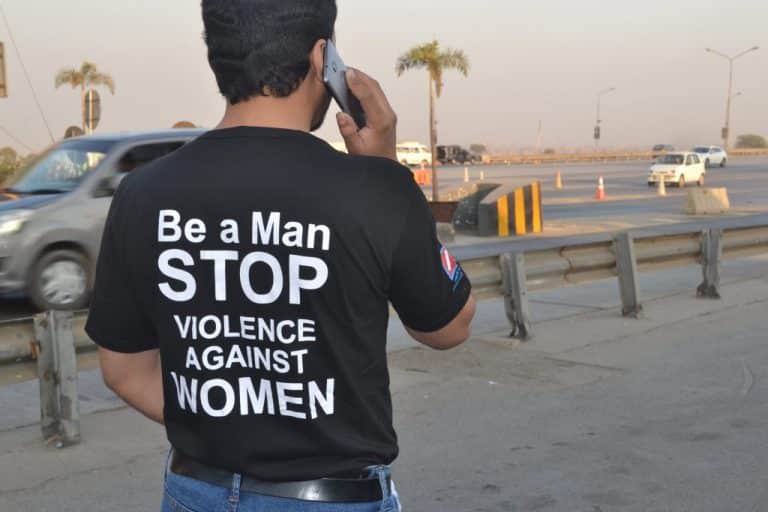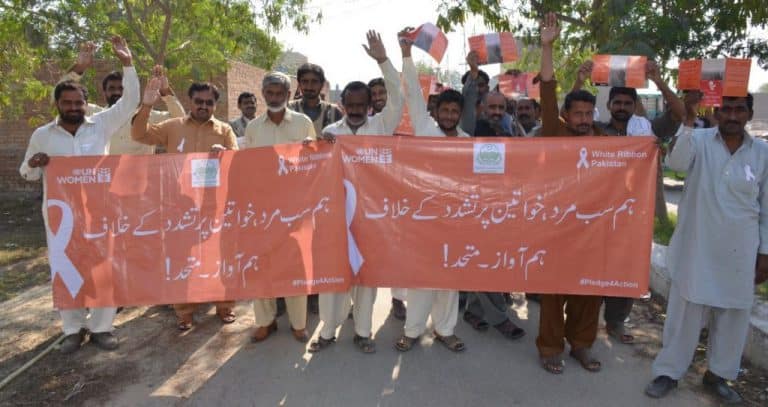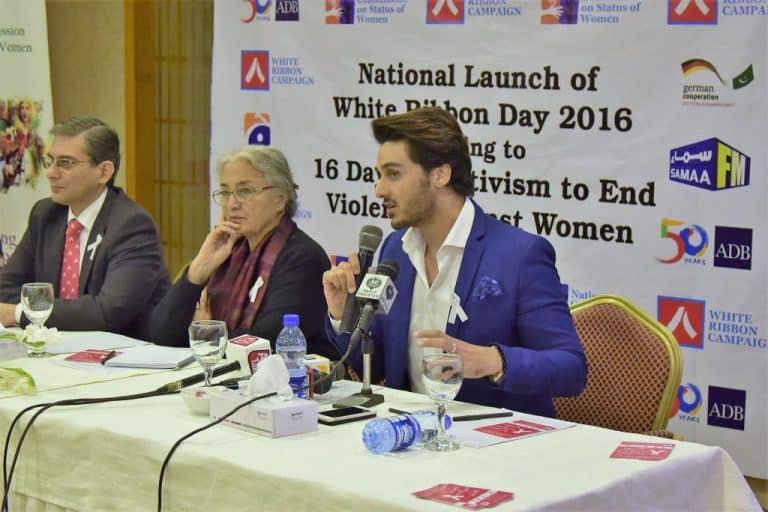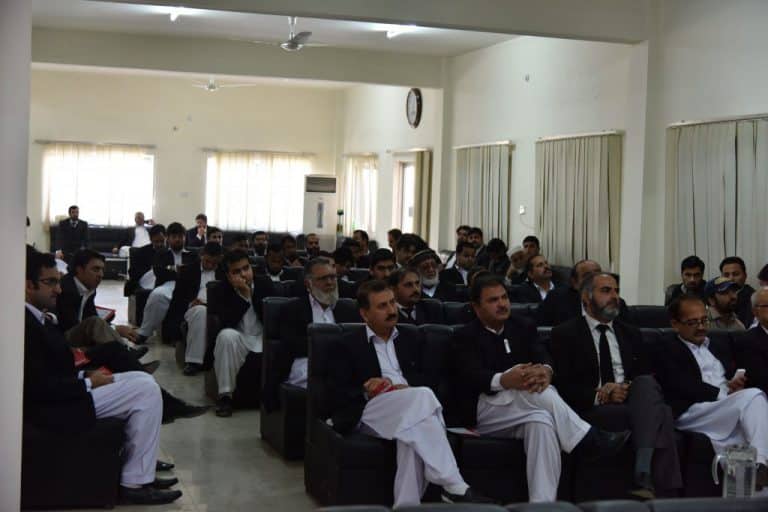Domestic Violence (DV) remains an enormous social problem In Pakistan. Generally, female domestic violence is considered a private family issue without any appropriate focus on assessment, intervention, and solutions in Pakistani society. Women have to bear violence and discrimination on a daily basis due to the misuse of social and cultural values in the Pakistani society.
Pakistan ranks as the sixth most dangerous country in the world for women, with cases of sexual crimes and domestic violence recording a rapid rise. Activists blame society’s patriarchal attitudes for the problem.
According to the Pakistan Demographic and Health Survey
- 7% of women have experienced violence during pregnancy.
- 34% of ever-married women have experienced spousal physical, sexual, or emotional violence.
- The most common type of spousal violence is emotional violence (26%), followed by physical violence (23%).
- 26% of ever-married women have sustained injuries. Cuts and bruises are the most common types of injuries reported.
- 56% of affected women never sought any help or talked with anyone about resisting or stopping the violence.
There is legislation for domestic violence in Pakistan and it is enforced too but the conviction rate is very low. According to the recent report, in Punjab, registered cases of domestic violence are more than one-third of all criminal cases but the conviction rate is almost 2.5 person of all registered cases. Remember these registered cases are just the tip of the iceberg because most of cases go unreported.
Victim can go the police to file an FIR and even for protection. In Pakistan situation is not ideal but better from the past now police give protection and send the aggrieved person to the shelter home and take action against the offender. but it does not happen all the time because of the corrupt system and lack of resources. unfortunately, In Pakistan, most of women even don’t know about protection bill and don’t seek shelters from the government.
In case of fear of death and severe injuries an aggrieved person can apply for obtaining a protection order under section 9. If the Court is satisfied that any violence has been committed or is likely to be committed, the Court may pass a protection order in favour of the aggrieved person and direct the defendant:
In the province of Punjab, there is Women’s Toll-Free Helpline 1043 available 24/7. Managed and supervised by PCSW. In the province of Sindh, women helpline 1094 is working to do the same. In Khyber Pakhtunkhwa a toll-free helpline ‘Bolo’ (Speak out) 0800-22227 is working for women of confronting any distressing situation or condition. Ministry of Human Rights has a help line: 1099 to assist women about the religious and legal protection and right to inheritance.
Social Welfare Department established Dar-ul-Aman in all 36 districts of Punjab to give shelter to the women victims of violence. These homes can accommodate 20 to 50 residents at a time.
Social welfare department is running Dar-ul-Aman in other provinces too but they are less in numbers. Even in Baluchistan The Dar-ul-Aman facility is available only in Quetta.
In Sindh a non-profit organization Panah is also running a project called “Panah Shelter Home” located in Karachi.
In the province of Punjab “The Punjab Commission on the Status of Women” is running a project Transitional Housing for Women. It is envisioned as a residency program that includes support services and is designed as a bridge to self-sufficiency. The objective of setting up Transitional housing for women victims of violence across Punjab is to provide survivors of violence with safe and secure housing so that they are not forced to live in other substandard/unsafe conditions or return to their abusers.

